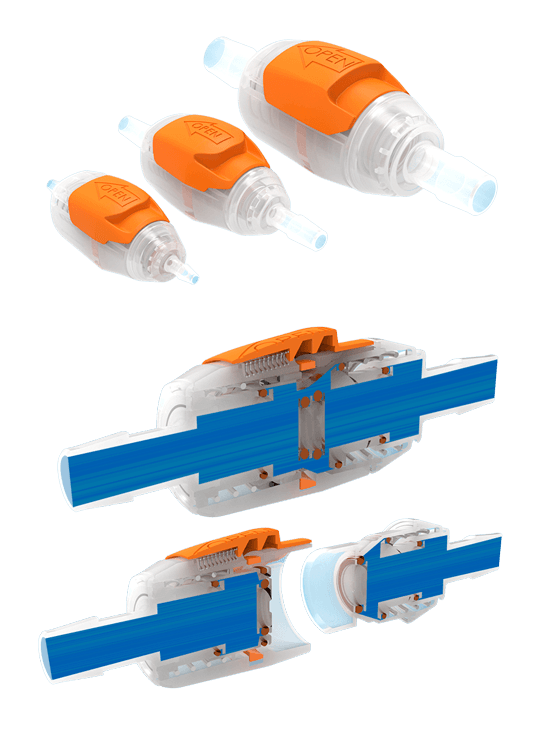
2020 CMA Preview: Cannabis Manufacturer of the Year
The three finalists for 2020 Cannabis Manufacturer of the Year represent the diversity of operations in the cannabis sector, but more, the high bar being established by companies for quality and safety.
Nominations were judged on the achievement of national quality and safety certifications and best practices.
Stillwater Brands
Commerce City
Founded: 2014
Privately owned
Employees: 19
Industry: Cannabis & Hemp
Products: Beverages and edibles infused with THC and CBD
Stillwater Brands’ innovations extend beyond their extensive product and process testing protocols to product development, where the patented water-soluble Ripple brands of CBD and THC products have captured the imagination of cannabis consumers.
Trusted suppliers in the company’s raw material supply chain provide continuity that translates into consistent product quality for both CBD and THC lines. THC distillate is quality-control tested “before receipt” for potency, color, and aromas pursuant to highly transparent protocols.
CBD products are third-party tested for pesticides, heavy metals, residual solvents, potency, and microbiology. Raw materials sourcing is from U.S. providers only, with a focus on Colorado.
Finished goods manufacturing focuses on maintaining low formulation tolerances in the manufacturing process, targeting thresholds common in the food industry that ensure product consistency, quality, and safety. Shelf stability testing has been a staple of Stillwater protocols to verify dosage control.
CompanyWeek profile: https://companyweek.com/article/stillwater-brands
Medically Correct / incredibles
Denver
Founded: 2010
Employees: 101
Privately owned
Industry: Cannabis & Hemp
Products: Cannabis edibles, extractions, and equipment

Sustained success — staying power — is at the center of MedicallyCorrect’s stellar reputation in the cannabis market.
The company follows an operational path that reflects a deep food background, with emphasis on quality ingredients, refined processing, transparent packaging, and for cannabis, dosage management. The company’s consistently safe and quality-focused product line earned trust for Colorado’s industry early on, critical in the industry’s run-up.
Community involvement and industry and product education effort also distinguish the company. Medically Correct’s influence — and sales — will only increase as the company attains cGMP and other certifications. Yet there’s little doubt the company is already an elite operator.
CompanyWeek profile: https://companyweek.com/article/incredibles
Hemp Depot
Colorado Springs
Founded: 2015
Privately owned
Employees: 85
Industry: Cannabis & Hemp
Products: CBD-infused products

Hemp Depot topped off impressive growth with an NSF Dietary Supplements GMP certification in 2020, increasingly the de facto standard for cannabis manufacturing operations. (View the Gold List of GMP certified manufacturers.)
Yet the company’s innovative and persuasive model also set the business apart. It’s in a catbird’s seat — touching much of the hemp CBD market, vertical integration in developing, growing, formulating, and wholesaling CBD seeds, clones, and an array of CBD oil. Many of cannabis leading brands deal in Hemp Depot products.
It adds up to a powerful position in a fast-changing hemp CBD world — a singular mission to certify and professionalize operations to feed a blue-ribbon list of brands. It’s a market position that also comes with responsibilities. The company has been up for the challenge thus far.
CompanyWeek profile: https://companyweek.com/article/hemp-depot



